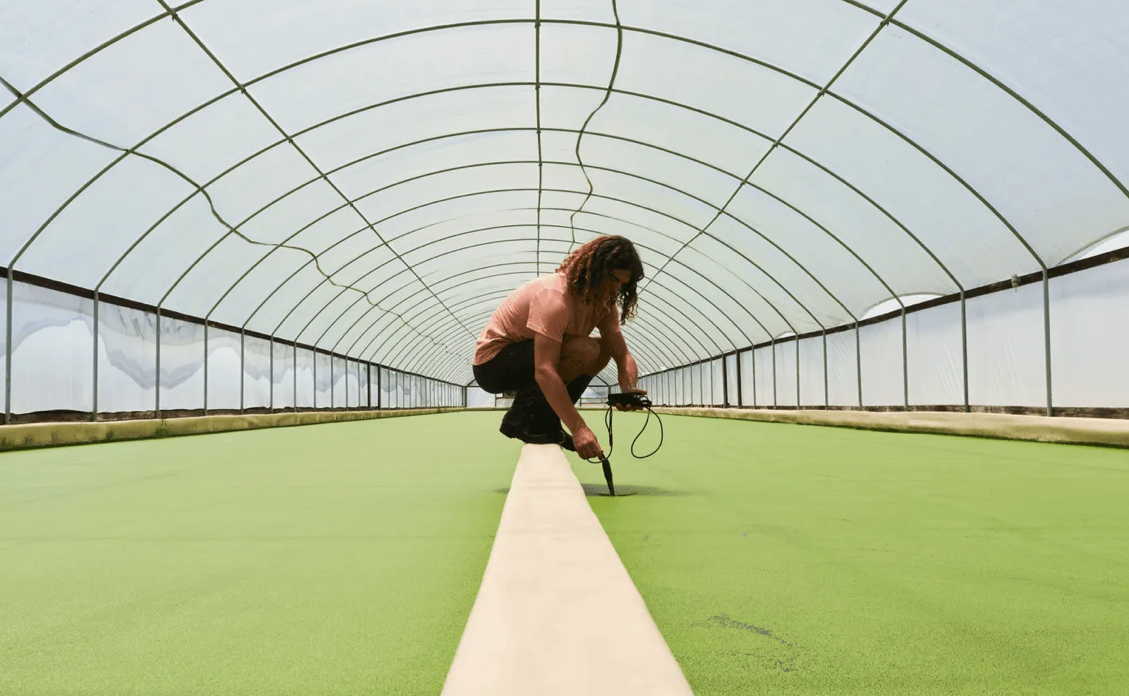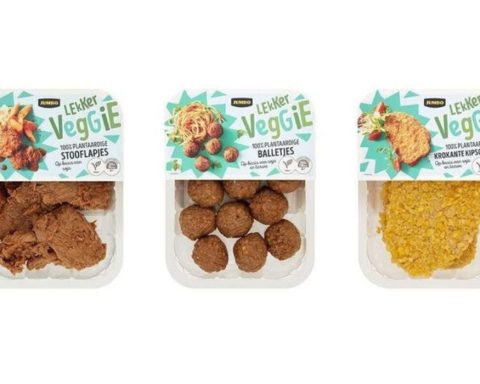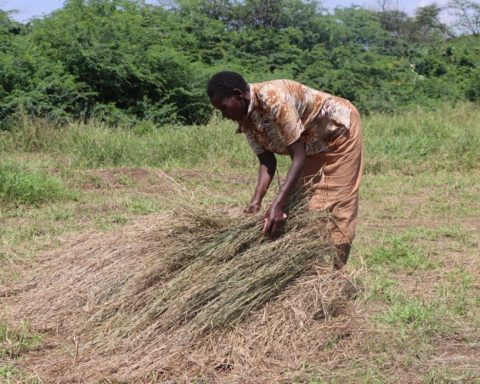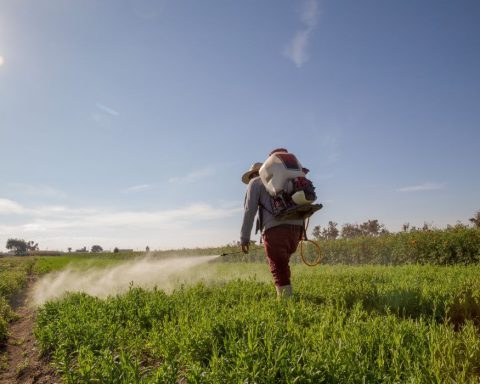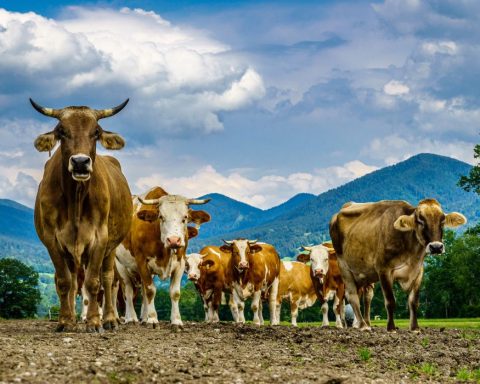Searching for the protein of the future? Try your nearest duck pond, which in warmer weather is likely blanketed with the food sector’s next miracle ingredient: Lemna, also known as water lentils, also known as duckweed. Yes, it’s those tiny green plants that grow wild on the water’s surface, and their unique potential as an ingredient in animal-free products has been getting researchers and investors excited.
Duckweed isn’t tasty – unless you’re a duck – but the flavour is at least inoffensive, and it packs a powerful nutritional punch. The plant’s miniature leaves contain uniquely high concentrations of rubisco, a ubiquitous protein that has been recognized by scientists as ideal for human consumption, according to the standards of the UN Food and Agriculture Organization.
Duckweed’s protein density and high yield are part of the secret sauce that has made the California-based start-up Plantible a darling of venture capitalists. In November, the company closed a US$30-million “series B” funding round to expand its manufacturing operations at its 100-acre “vertically integrated biology platform” in West Texas, also known as the Ranchito. The new financing brings Plantible’s total fundraising to US$57 million since its founding in 2018. Investors include the venture arms of both Kellogg and Chipotle.
This isn’t the first time that duckweed has garnered attention as a potential superfood. Wolffia and Spirodela are two other varieties that have been acclaimed and whose powdered form can be purchased at online stores and health food shops. But apart from in Southeast Asia, where Wolffia (or Mankai) is a traditional ingredient, neither has escaped the tight niche of vegan dietary supplements.
Plantible’s approach is different and may set it on a path for wider adoption. Rather than market to consumers, the company sells directly to food manufacturers like ICL Food Specialties, attracted by the low environmental impact and stable, high-volume supply – Lemna doubles its mass every two to three days and can be grown indoors with 95% recycled water – as well as its non-allergenic properties, nutritive value and ease of digestion.
Plantible put its first commercial product on the market in 2023, an egg replacement for baked goods. Called Ruby Whisk, it claims to whip up better than the real thing, binds unsaturated fats like a dream and emulsifies perfectly. The company has since added Rubi Prime, an ingredient for imitation meat and seafood whose virtues include something called “thermo-irreversible binding.”
A rollercoaster for plant-based protein companies
Anyone who’s been watching the plant-based-proteins space will be rightly wary of hype for new entrants. The market was set for explosive growth in 2019 as Beyond Meat and Impossible Foods found pickup in fast-food chains and meat companies started investing big in plant-based product lines. By 2020, Bloomberg Intelligence forecasted that the market would enjoy a compound annual growth rate of 18.6% to 2030. But the boom never materialized, at least in part because of an aggressive smear campaign by food industry lobbyists. After rising quickly, sales plateaued and then declined sharply. Beyond Meat’s shares now trade for less than $5, from a peak of nearly $200.
But plant-based proteins aren’t just a fad. Consumers are more health-conscious than ever, and the appetite for vegetarian and vegan options is growing. “We’re still very optimistic about the long-term opportunity and growth potential for the industry,” said Jen Bartashus, a senior research analyst at Bloomberg, on a podcast in 2023.
Recent analysis by other market intelligence firms has been tempered but upbeat, projecting between 7.5% and 8.1% compound annual growth rate over the next few years and citing “heightened awareness and adoption of plant-based diets among consumers, emphasizing the importance of protein-rich plant sources.”
Plantible already has tens of millions of dollars in contracts, according to MSN, and other duckweed start-ups are rushing to catch up. GreenOnyx in Israel has raised US$47 million, and Flo Wolffia in Thailand, DryGrow in the United Kingdom and microTerra in Mexico are all vying for a piece of the action.
Whatever Plantible’s place in the transition, the way we source plant proteins is changing. According to a paper on duckweed for the food and feed industry published in the journal Foods in May, “it is common knowledge that soy and maize will not be the definitive source of plant proteins as mycoproteins, algae proteins, seaweed proteins and bacterial proteins will tend to become the sources of proteins that will feed the world.”
But trends aside, diets don’t change easily. The pace of the protein revolution will depend on how well companies learn from each other’s mistakes. By targeting producers rather than consumers, Plantible seems to have found a fresh burst of momentum.
Mark Mann is a journalist in Montreal and the associate editor at Corporate Knights.


